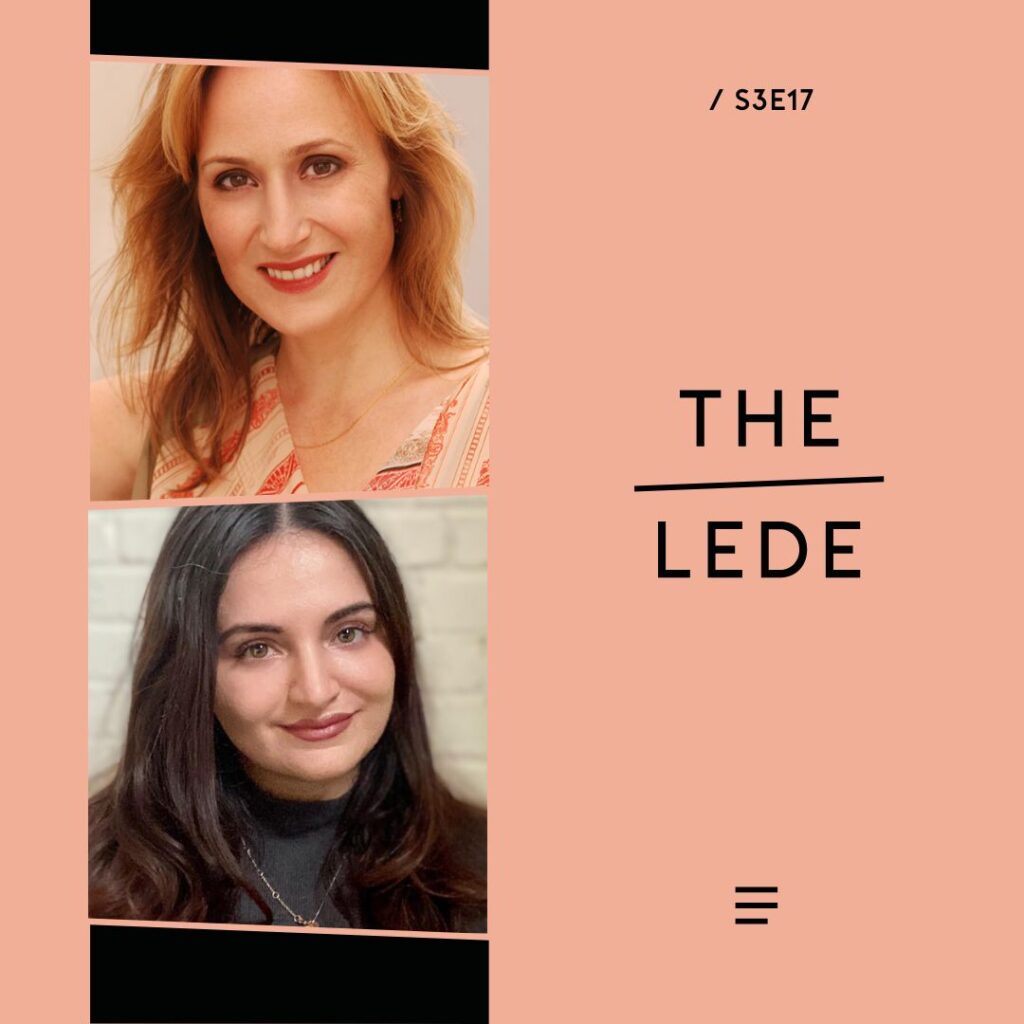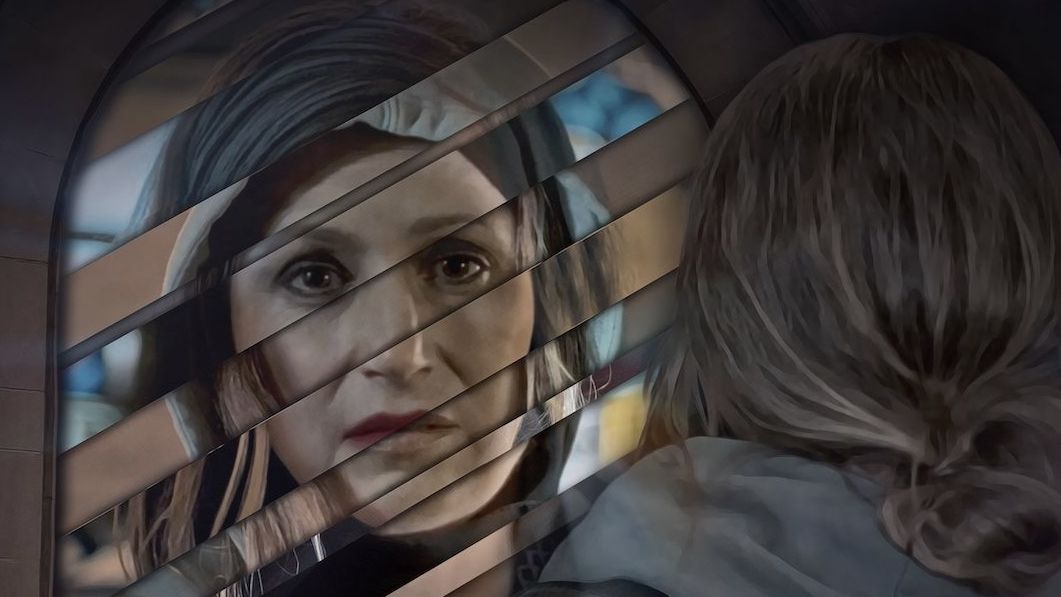“I didn’t feel I had a torn identity at all, I felt a part of the fabric of this nation. I felt very Michigan,” says Heather Raffo, an Iraqi-American playwright, filmmaker and actress. But then, she tells New Lines magazine’s Rasha Al Aqeedi, the outbreak of the Gulf War in the early 1990s forced her to grapple with what it meant to have her identity split between two nations at war. “And it was really what has come to define me as an artist.”
Raffo finished her award-winning play, “The Nine Parts of Desire,” just as the U.S. invaded Iraq in 2003. “I made a point of telling American citizens about Iraqi citizens and sharing very personal stories,” she says. “I think having an American perspective, having that much of a distance, I was able to write something that could communicate directly with the Western audience, which was an audience that needed to hear the material the most.”
As if to underscore Raffo’s point, at first no theater would take it. “It was a dangerous time. Nobody wanted to be humanizing Iraqis.”

“When things are happening that need to be spoken about, often it’s the artists that will understand that first.”
Two decades later, she had the chance to adapt the play into a movie, which is streaming on PBS until the end of May. It tells the story of a young Iraqi-American woman in Michigan struggling with the loss of her father — a far cry from the war movies that have dominated American depictions of Iraqis since 2003. But attitudes have changed a lot over the past two decades, and Raffo is part of a generation of artists from Middle Eastern diaspora communities pushing that change forward.
“They are helping define the cultural narrative for Americans, for the West,” Raffo says. “And they’re uniquely positioned to tell complex stories of both sides.”
Yet there is also a darker reason that Americans have become more open to such narratives, Raffo suggests. In 2003, political violence and mass death weren’t issues Americans had any real frame of reference for. That has changed.
“We’re in a different psychological space,” she explains. After the pandemic, she says, “Americans knew loss in a more intimate way than they ever had before. And loss is tragic, but it’s also a moment of connection.”
“When things are happening that need to be spoken about, often it’s the artists that will understand that first,” Raffo adds. “And I really think Arab Americans and Middle Eastern Americans are some of the first to know what happens when a society suddenly dissolves into sectarian identities.”
Produced by Joshua Martin


